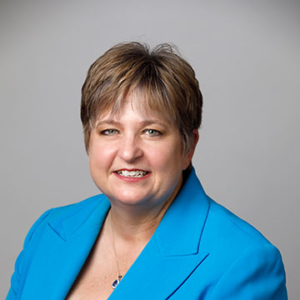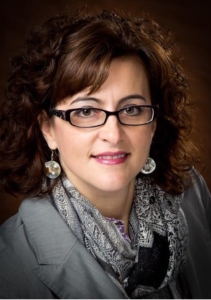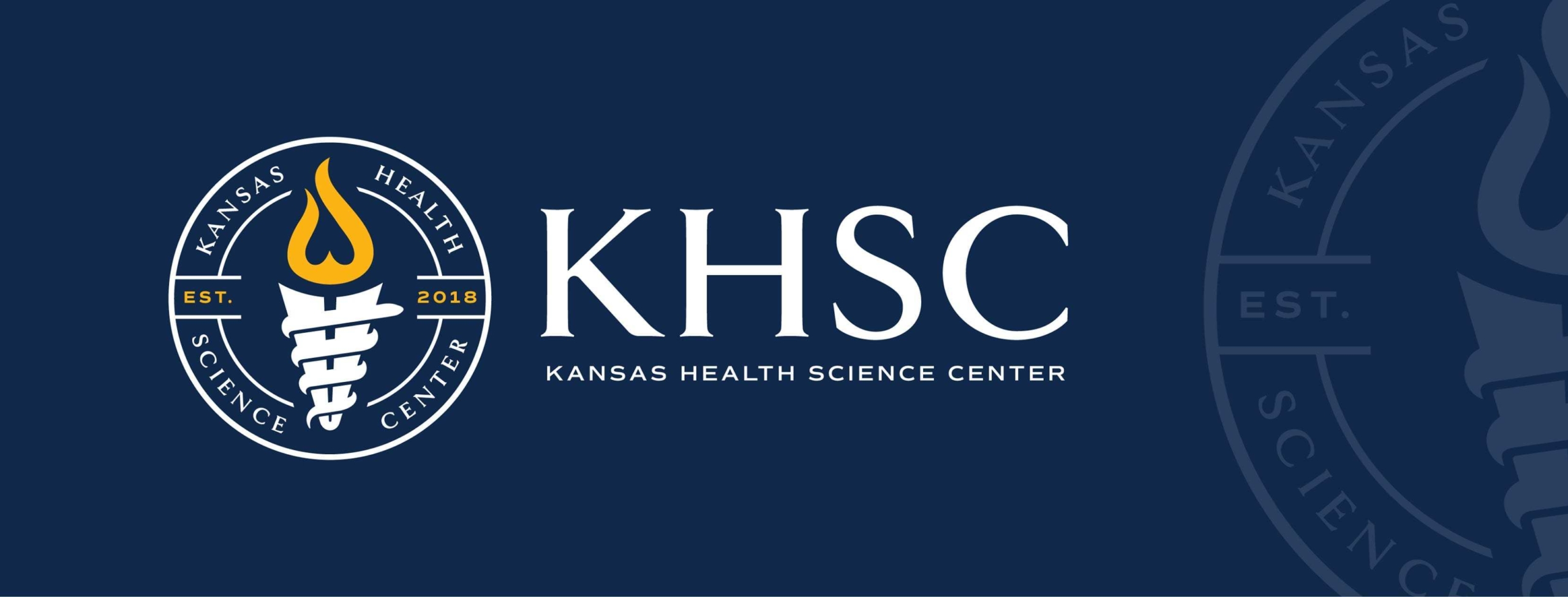The Kansas Educational Research Network (KERN) will provide rural doctors with practical research and students with the chance to work to solve real-world problems.
The Kansas Educational Research Network (KERN) is a practice-based research network (PBRN) and a department of the Kansas Health Science Center (KHSC). The objective of the network is to bring together practices, students, and physicians to engage in clinical analysis that improves patient care.

Kimberly Long, Ph.D.
KERN has been integral to the development of KansasCOM. There was “a clear vision for how these networks could provide opportunities for our students to engage with patients and providers, and to in turn create opportunities for provider education and patient education to make real change for patients in our network,” says Kimberly Long, Ph.D., chief administrative officer.
From an educational standpoint, KERN offers an opportunity for KansasCOM students to engage with practicing health care providers in the field to tackle real-world problems and conduct research that will have an impact in the community and lead to practical solutions.
“For example, if a practice is struggling with diabetic management, our students could work patient education to help them improve their outcomes and measure what the outcomes were for patients,” Dr. Long says. “If our students did a good job and the patients were engaged, we would see improvements in the quality of their care.”
KERN’s executive director, Kim Talbot, APRN, says the results of these studies may be publishable or may lead to other studies. The objective is to provide resources, mostly in the form of people and time, to address grassroots clinical questions that arise in small practices, questions that the doctors are not able to research themselves because daily demands on their time are too great. “That’s why I thought it was a beautiful vision,” Talbot says.

Kim Talbot, APRN
Talbot had more than 20 years of experience in clinical trials and had managed or oversaw 300 studies when she was approached about helping to pull together the business aspect of a practice-based research network. “The idea was refreshing and intriguing,” Talbot says, “connecting rural physicians, family physicians, students, and community members that have a vested interest in improving practice.”
An important step in launching KERN is building a provider network across the region. Part of this effort involves educating potential members on the benefits of joining. Another component is detailing the benefits of having medical students available to them and to their practices. During the outreach process, KERN is receiving feedback from practitioners.
“One of the things we heard from particularly rural providers in Kansas is that so many of them feel isolated,” Dr. Long says, adding that KERN will provide social support from their peers and colleagues they might not otherwise receive, including continuing medical education.
Geographically, KERN’s efforts will be focused on western and rural Kansas but will extend to eastern Colorado and Nebraska and sometimes beyond. “Our mission is to serve the rural underserved,” Dr. Long says, pointing to 2017 study by the governor’s office that revealed the extent of health care provider shortfalls in Kansas. “All of that led to us becoming the medical school we are today here in Kansas.”
Providing research assistance to rural and sometimes isolated communities while also creating practical opportunities in the field that the students need would be the win-win that the leadership of KHSC-KansasCOM had when they created KERN. “Right now, in these early stages,” Dr. Long says. “We have students who are really eager to engage with those real-world practitioners in a multi-state region. They want to hear from and learn from those providers about the challenges that they’re seeing in their practices.”

